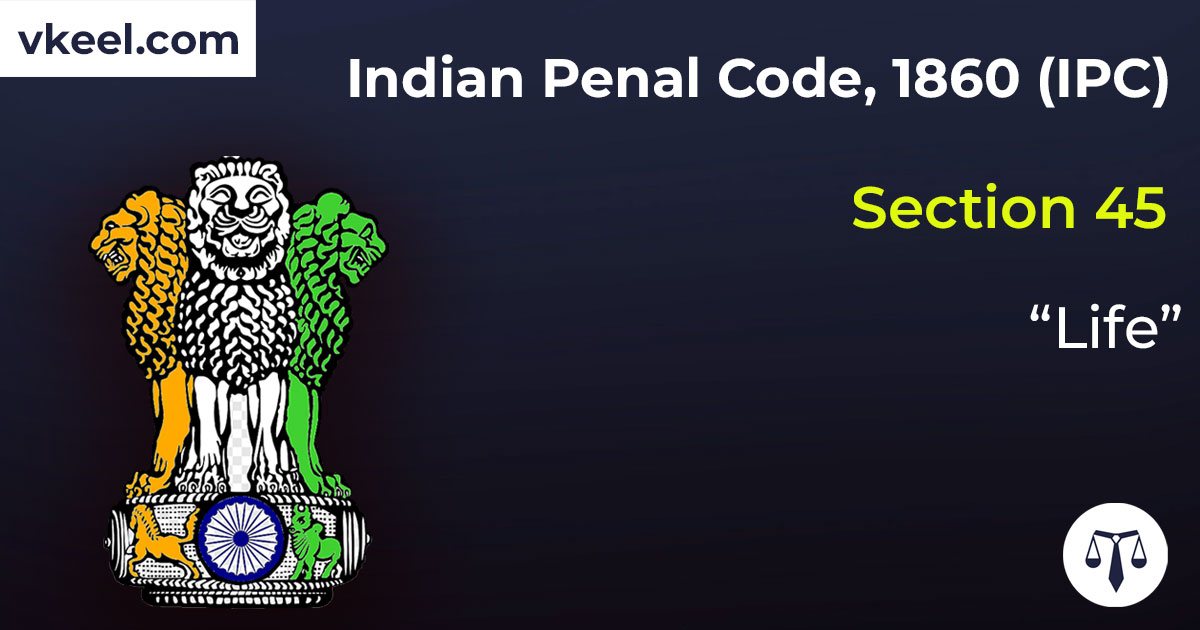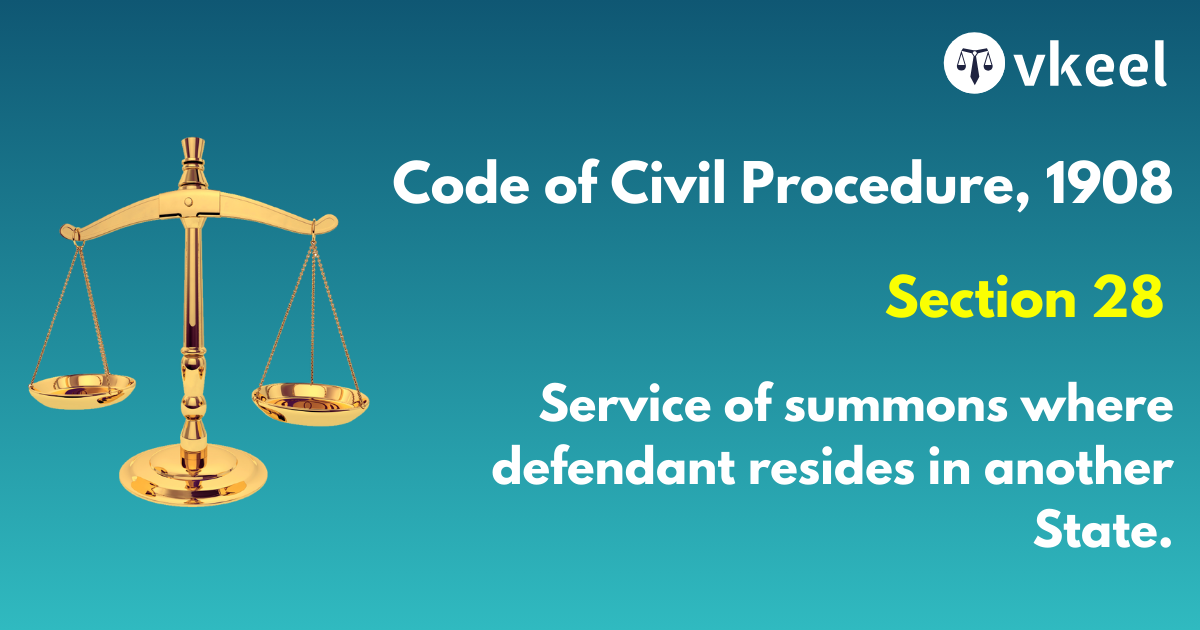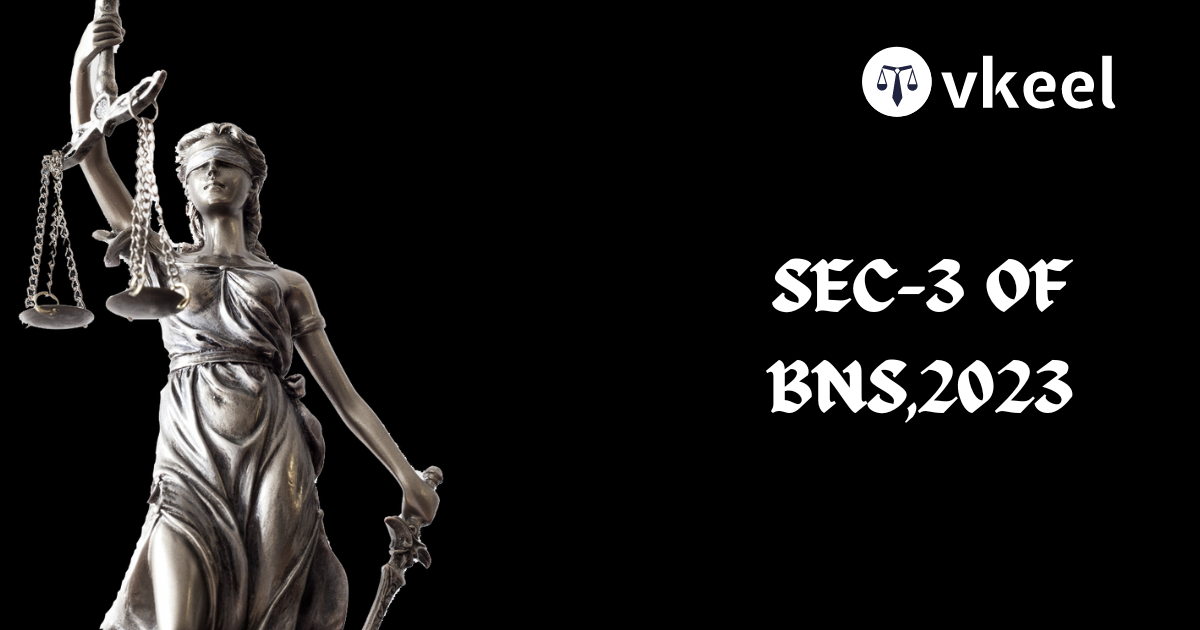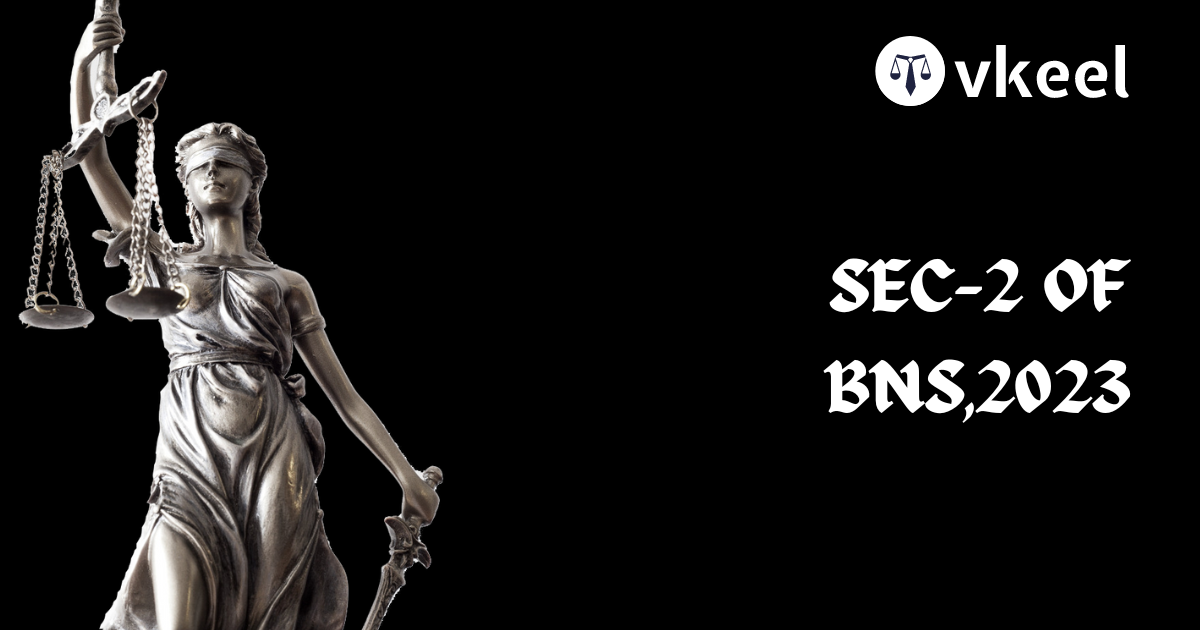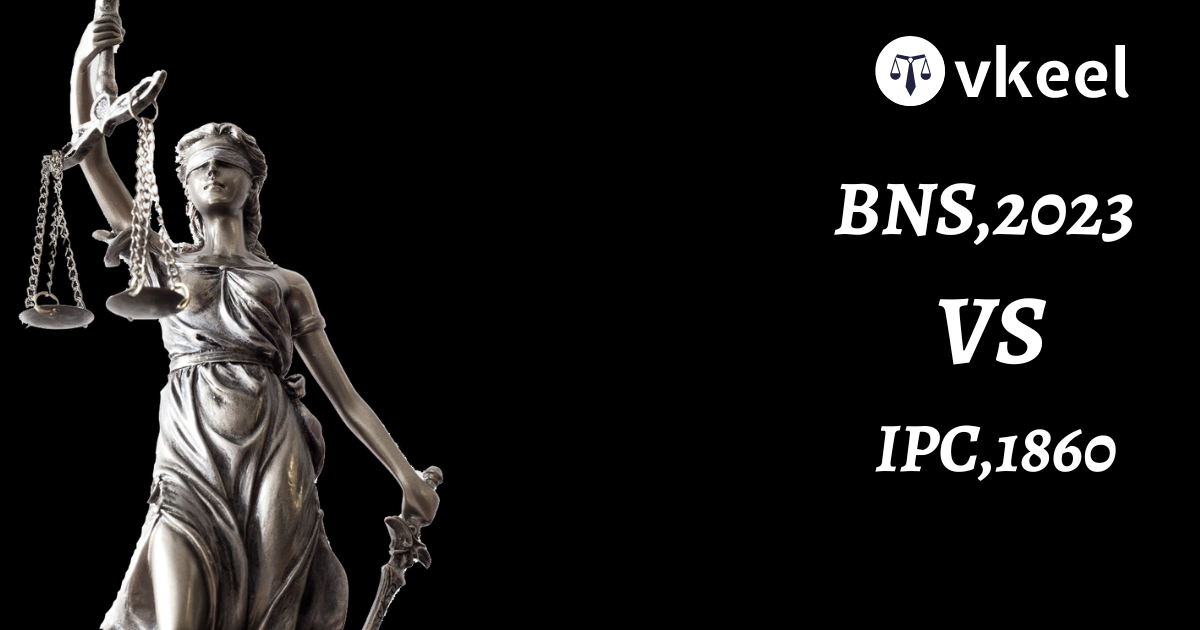Section 45 Indian Penal Code 1860 (IPC) – “Life”
By Vkeel Team
Table of Contents
Description
“Section 45 Indian Penal Code 1860 (IPC)”
The word “life” denotes the life of a human being, unless the contrary appears from the context.
Understanding Section 45 IPC
Section 45 of the Indian Penal Code states, “When any person is convicted of an offense punishable with death or, in the alternative, with imprisonment for life or imprisonment for a term of years, the Court may, in its discretion, instead of sentencing him to any such punishment, direct that he be detained in safe custody until he is released by due process of law or during the pleasure of the President, and accordingly, such person shall, if he is detained in such custody, be liable to be detained in such place and under such conditions as the President may, by any general or special order, specify.”
Interpretation of Section 45 IPC
- Imposition of alternative punishments: Section 45 IPC provides the court with the discretion to impose an alternative sentence of either death, imprisonment for life, or imprisonment for a specific term. This provision offers flexibility to judges in determining the appropriate punishment based on the facts and circumstances of each case.
- Detention in safe custody: When a person is convicted of an offense punishable with death or imprisonment, the court can direct their detention in safe custody instead of imposing the prescribed punishment. This provision allows for detention until the individual is released through due process or at the pleasure of the President, ensuring that the person does not pose a threat to society.
- Presidential discretion: The President of India has the power to specify the place and conditions of detention for individuals held under Section 45 IPC through general or special orders. This discretionary authority ensures that the President can make necessary arrangements for the safe custody and management of such detainees.
- Release by due process of law: Section 45 IPC stipulates that a person detained under this provision can only be released through due process of law. This emphasizes the importance of following legal procedures and safeguards to prevent arbitrary detention.
Implications of Section 45 IPC
- Human rights considerations: Section 45 IPC acknowledges the significance of human rights by allowing for the detention of individuals instead of imposing the prescribed punishments. This provision aims to strike a balance between punishment and the right to life and personal liberty.
- Preventive detention: Section 45 IPC facilitates preventive detention, which aims to protect society from potential harm that may arise from individuals convicted of serious offenses. By allowing for the detention of such individuals, the provision serves as a deterrent to future criminal activities.
- Presidential intervention: The discretionary power vested in the President to determine the place and conditions of detention ensures that the highest constitutional authority can exercise control and oversee the management of detainees under Section 45 IPC.
- Judicial discretion: The provision of alternative punishments grants the judiciary the authority to determine the appropriate sentence based on the facts and circumstances of each case. This discretionary power enables judges to consider mitigating factors and individual circumstances when imposing sentences.
Conclusion
Section 45 of the Indian Penal Code 1860 plays a significant role in the criminal justice system of India. By allowing for the imposition of alternative punishments, detention in safe custody, and presidential discretion, this provision strikes a balance between punishment and the protection of human rights. It serves as a means to prevent potential harm to society while ensuring that due process is followed and individual liberties are respected.
Desctiption Source: indiacode
Disclaimer:
The information provided in the article is for general informational purposes only, and is not intended to constitute legal advice or to be relied upon as a substitute for legal advice. Furthermore, any information contained in the article is not guaranteed to be current, complete or accurate. If you require legal advice or representation, you should contact an attorney or law firm directly. We are not responsible for any damages resulting from any reliance on the content of this website.

